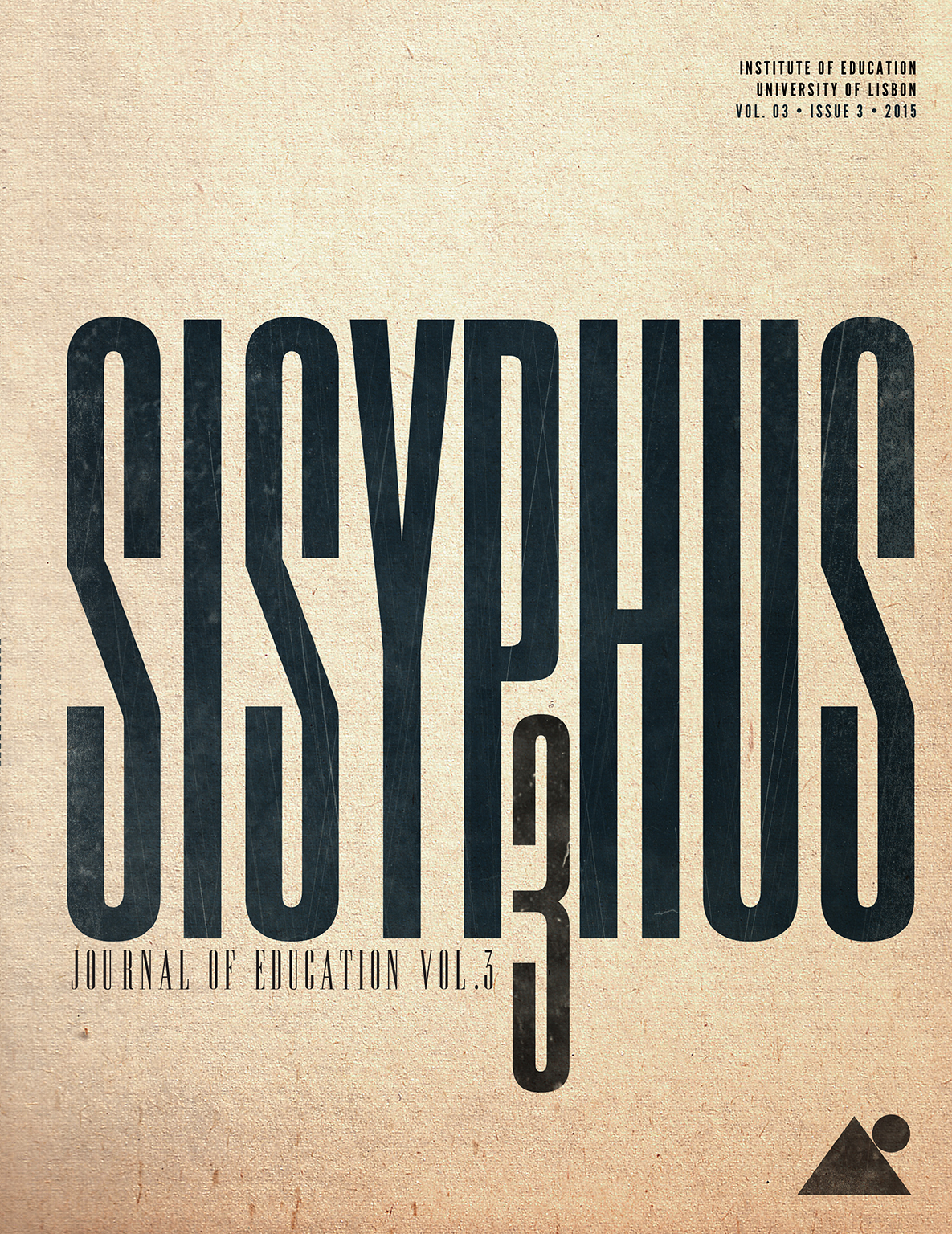Intercultural Education in Chile: Colonial Subjectivity and Ethno-Governmental Rationality
DOI:
https://doi.org/10.25749/sis.8907Keywords:
Racism, Governmentality, Intercultural education, Mapuche people, ChileAbstract
This article is the product of research conducted in the frame of FONDECYT Research Initiation project nº 11140804, entitled “Education and Cultural Racism: Evidence and Discursivities in Agents Who Implement the Bilingual Intercultural Education Program (PEIB)", jointly conducted by the University of Chile’s Department of Pedagogical Studies and the University of Sao Paulo’s Faculty of Education Postdoctoral Program. The text explores the problem of “cultural racism” in intercultural education programs developed for Mapuche indigenous children in Chile. In order to do so, we first examine the production of subjectivity during the colonial era and later the emergence of ethnic issues in the current government agenda. Our evidence and analysis display how the degradation of indigenous peoples is objectified in the Chilean State’s discursive practices, perpetuating social and economic inequality through the production and administration of identities, as well as efficiently controlling ethnic conflicts.Downloads
Downloads
Published
Issue
Section
License
Copyright (c) belongs to Sisyphus - Journal of Education. However, we encourage issued articles to be published elsewhere, provided that Sisyphus authorization is asked for and that authors integrate our original source citation and a link to our website.
Author Self-Archiving Policy
Author(s) are permitted to self-archive the final published version in institutional or thematic repositories, and in their personal or institutional websites.
DORA Signer
The Instituto de Educação da Universidade de Lisboa, Sisyphus' Publisher, is a San Francisco Declaration on Research Assessment signer.






